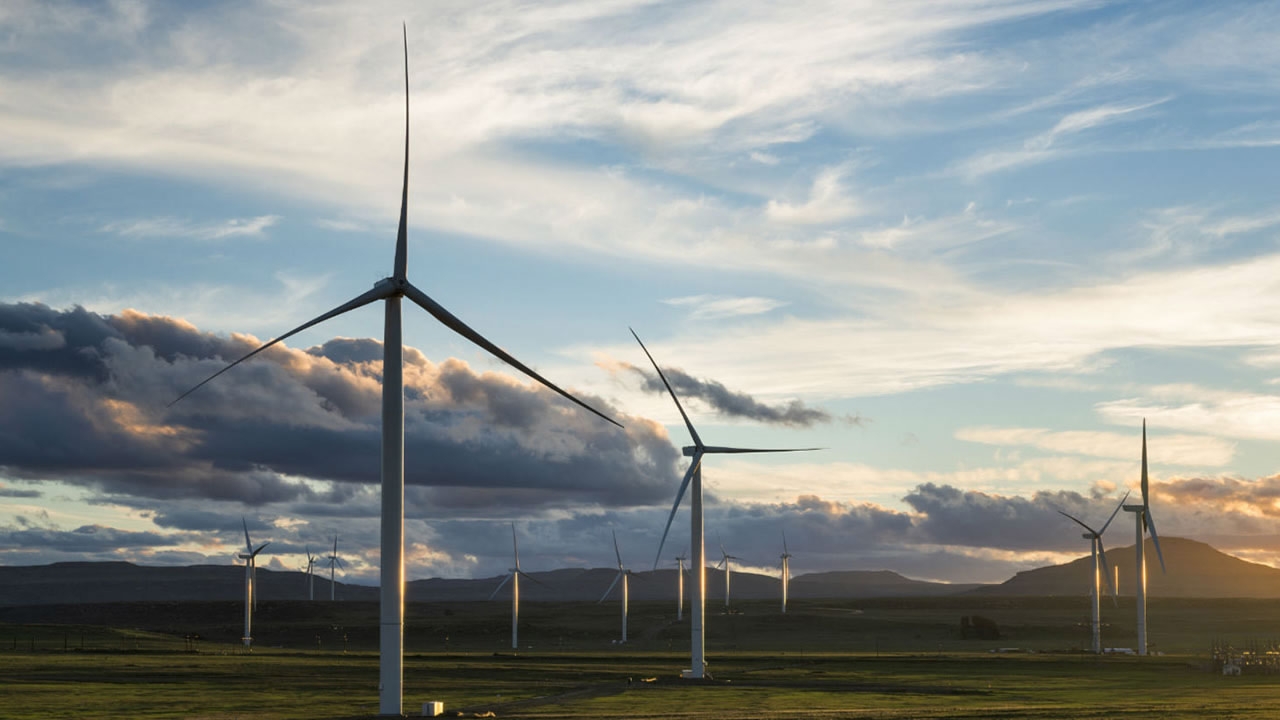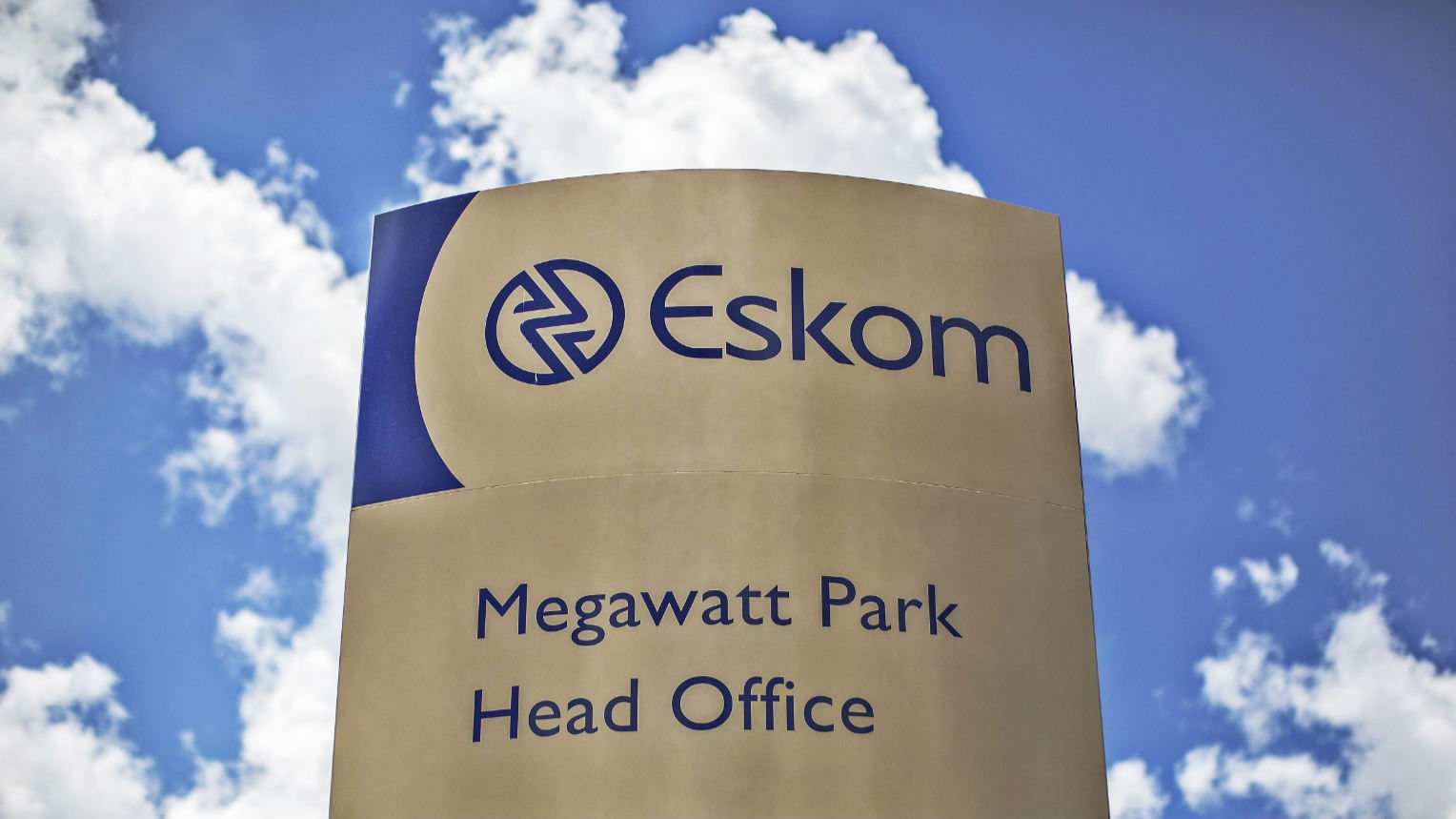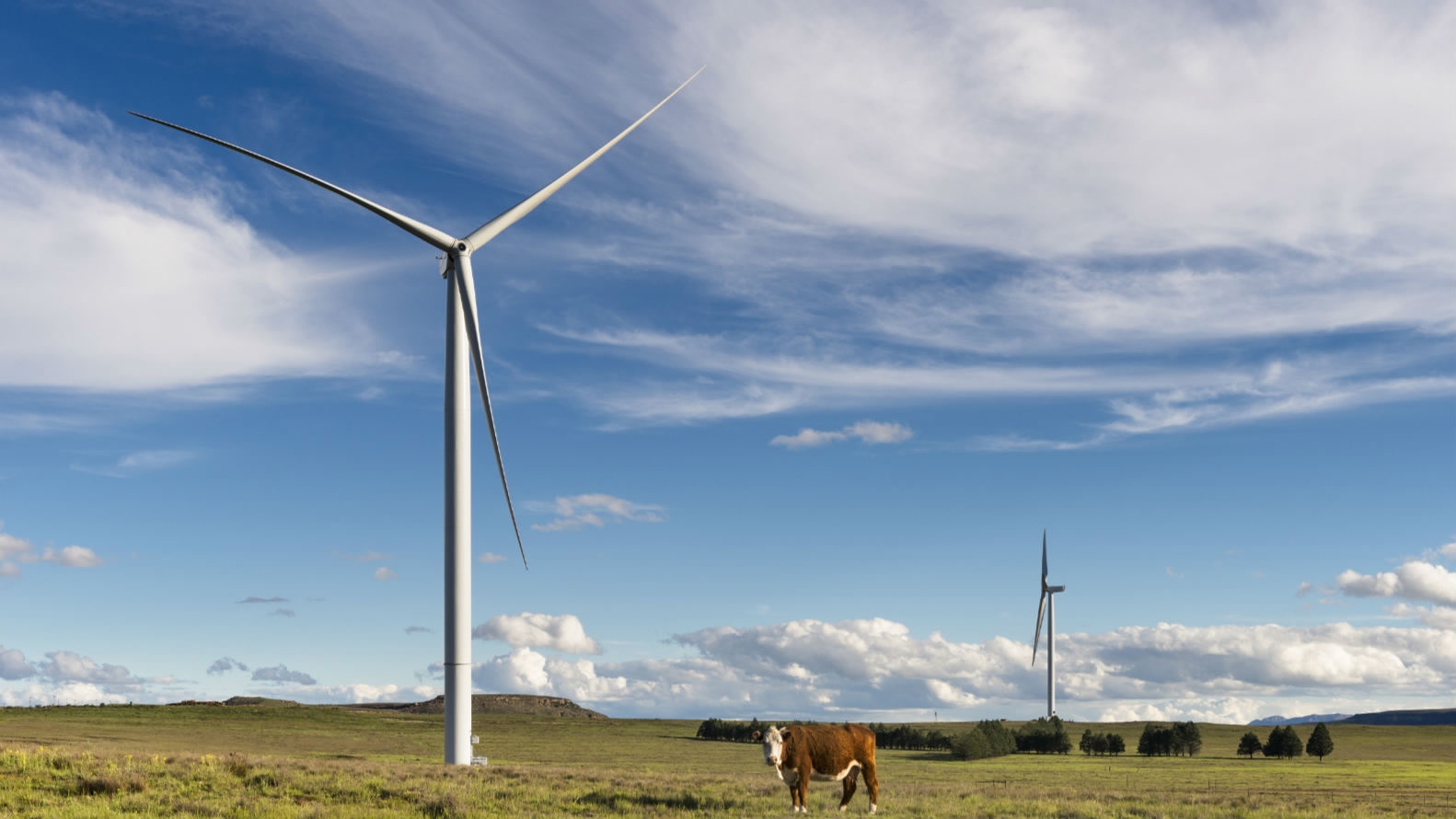
Business
18:16, 01-Sep-2017
NDB Projects: BRICS bank helps South Africa expand renewable energy
By CGTN’s Sumitra Nydoo

The establishment of the New Development Bank (NDB) has been one of the most important milestones for the BRICS bloc.
Brazil, Russia, India, China and South Africa joined forces about a decade ago to become an important force with an aim to create a level ground among developed and developing countries.
The Bank, which was established in 2014, issued its first round of funding in 2016. In the first phase, loans amounting to 1.5 billion US were made available for renewable energy projects in the BRICS countries. South African power utility Eskom received 180 million US dollars. A major chunk of the money has been invested to develop transmission lines to feed renewable power into the national grid.

A general view of the headquarter of the embattled South African main electricity provider ESKOM. / VCG Photo
A general view of the headquarter of the embattled South African main electricity provider ESKOM. / VCG Photo
"South Africa embarked on an ambitious and very successful independent power producer (IPP) programme for renewable energy,” said Chris Yelland, managing director of EE Publishers, a publishing company in South Africa.
“These IPPs were selected as a result of the low bids and contracts were signed, power purchase agreements were signed to supply the renewable energy into the grid to Eskom."
Eskom received funding from the NDB on condition that it invests loaned money for renewable energy projects. The utility is using the money to build transmission lines in order to feed 670 megawatt of power to the national grid. After the completion of the project, Eskom estimates to reduce carbon emissions by 1.3 million tonnes.

VCG Photo
VCG Photo
"When you try and build too many plants in one area, you get what is known as grid congestion. The problem that has been experienced is delays due to grid access and costs that are being incurred by Eskom in order to upgrade the grid," said Yelland.
The IPP Programme has been successful in stabilizing the grid and ensure a secure power supply. It has created more than 27000 jobs and power tariffs have declined. But the programme has been put on hold.
"The plan was to connect as many of these energy projects as possible so that we can deal with the issues around load shedding. But now that we have a stable power supply from Eskom's own fleet of power stations and also the contribution that we are getting from renewable energy projects, the government now wants to decide in terms of the pace and the scale of signing on these projects," said Khulu Phasiwe, spokesperson of Eskom.
1724km

SITEMAP
Copyright © 2018 CGTN. Beijing ICP prepared NO.16065310-3
Copyright © 2018 CGTN. Beijing ICP prepared NO.16065310-3